I love books about books and reading and I really enjoyed this one because it included a fair bit of humour. I recommend it if you are into this type of thing. 📖🙂
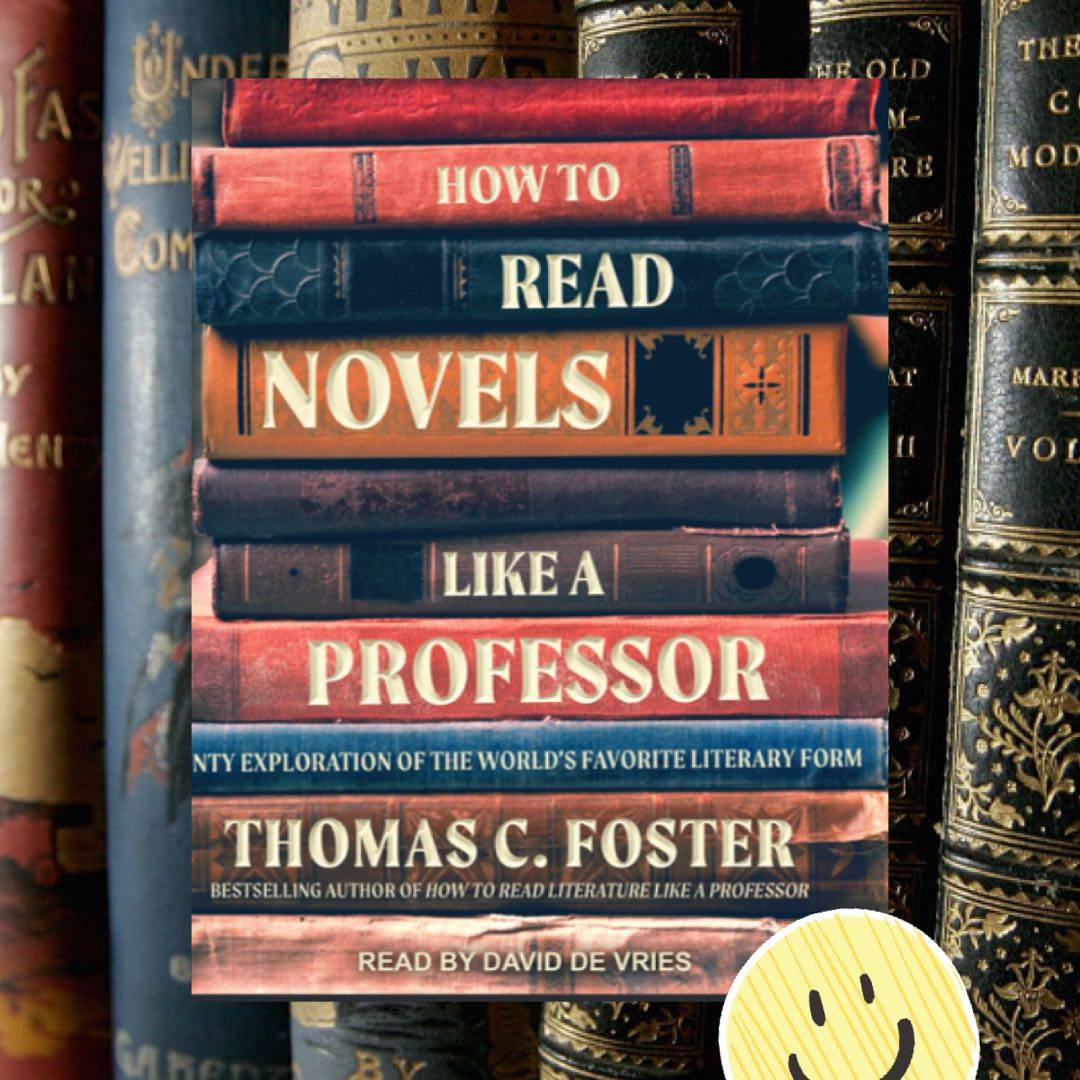
I love books about books and reading and I really enjoyed this one because it included a fair bit of humour. I recommend it if you are into this type of thing. 📖🙂
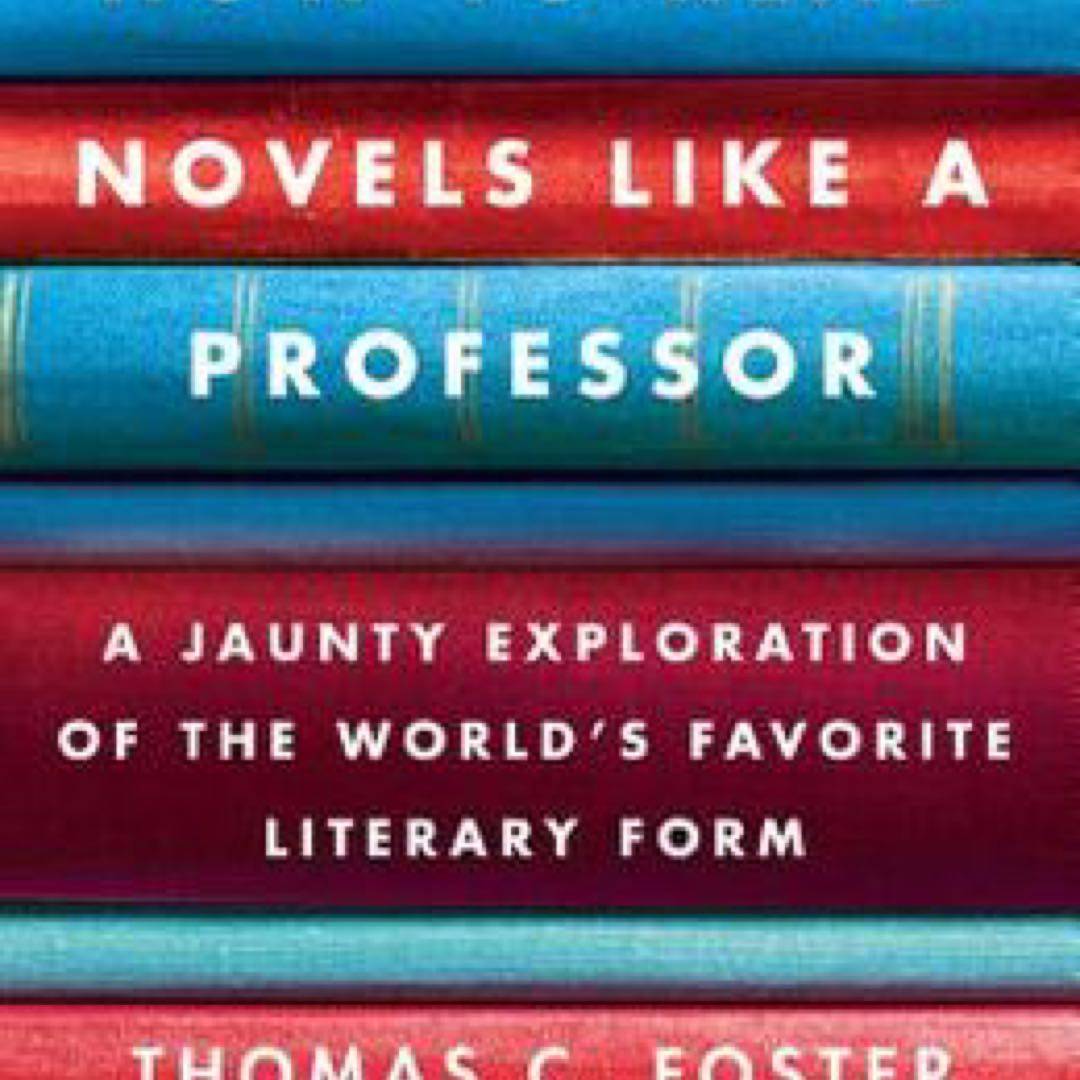
Some chapters were interesting and very helpful. But there are still some concepts I can‘t grasp ex the author explains how “Hemingway‘s books embody a cultural amnesia.” And that Faulkner‘s books articulate a war between nostalgia and revulsion and how he aims to include and draw from everywhere. Wait what?! I did feel like reading this helped give me some tips on paying attention to the details. I look forward to sharpening my critiquing skills!
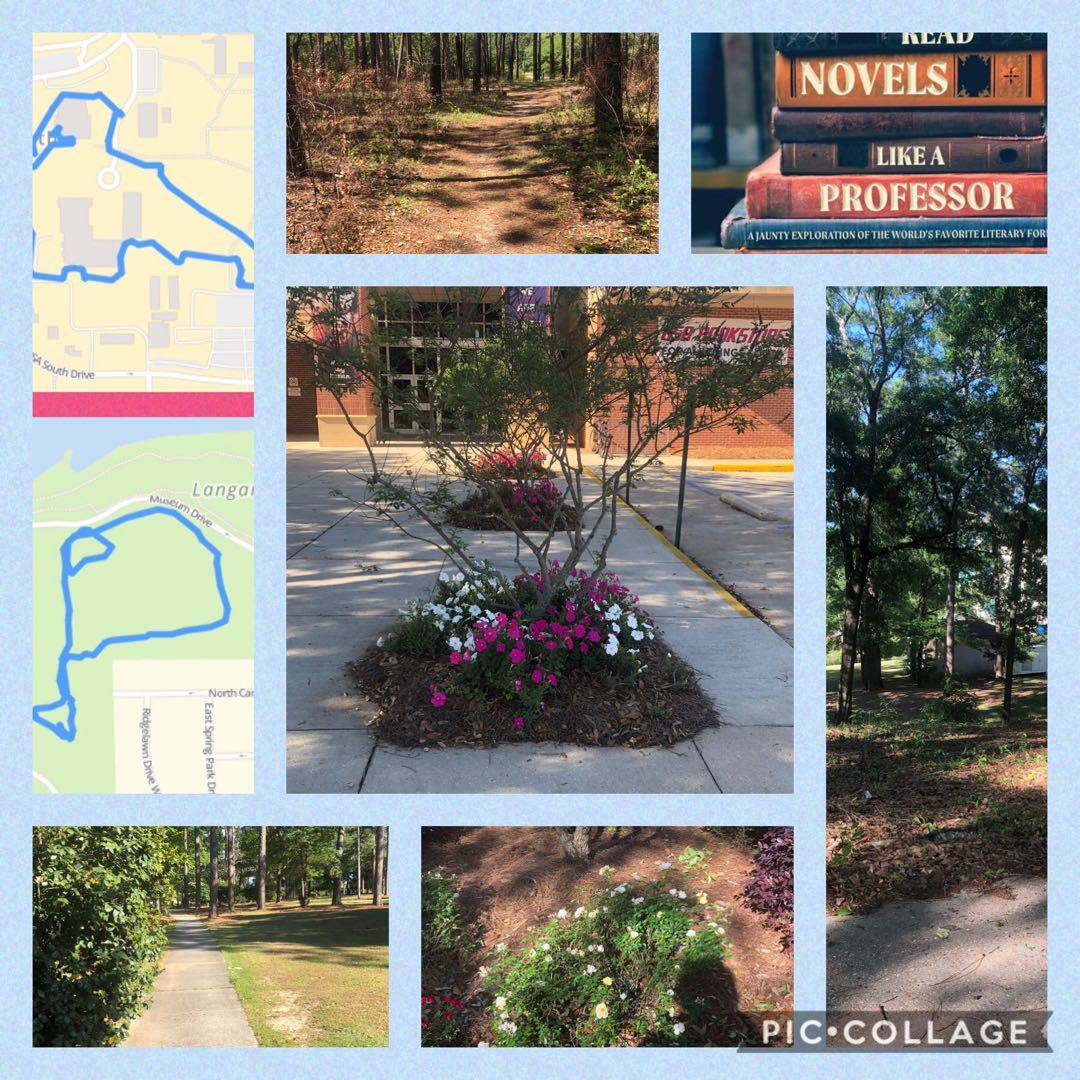
While I liked this book — it‘s engaging and interesting — I liked How to Read Literature Like a Professor better. The latter book was more accessible; this one feels like you need an English major background to understand it fully. I got to get out and walk today; my campus was completely empty away from the walking trails. #audiowalk
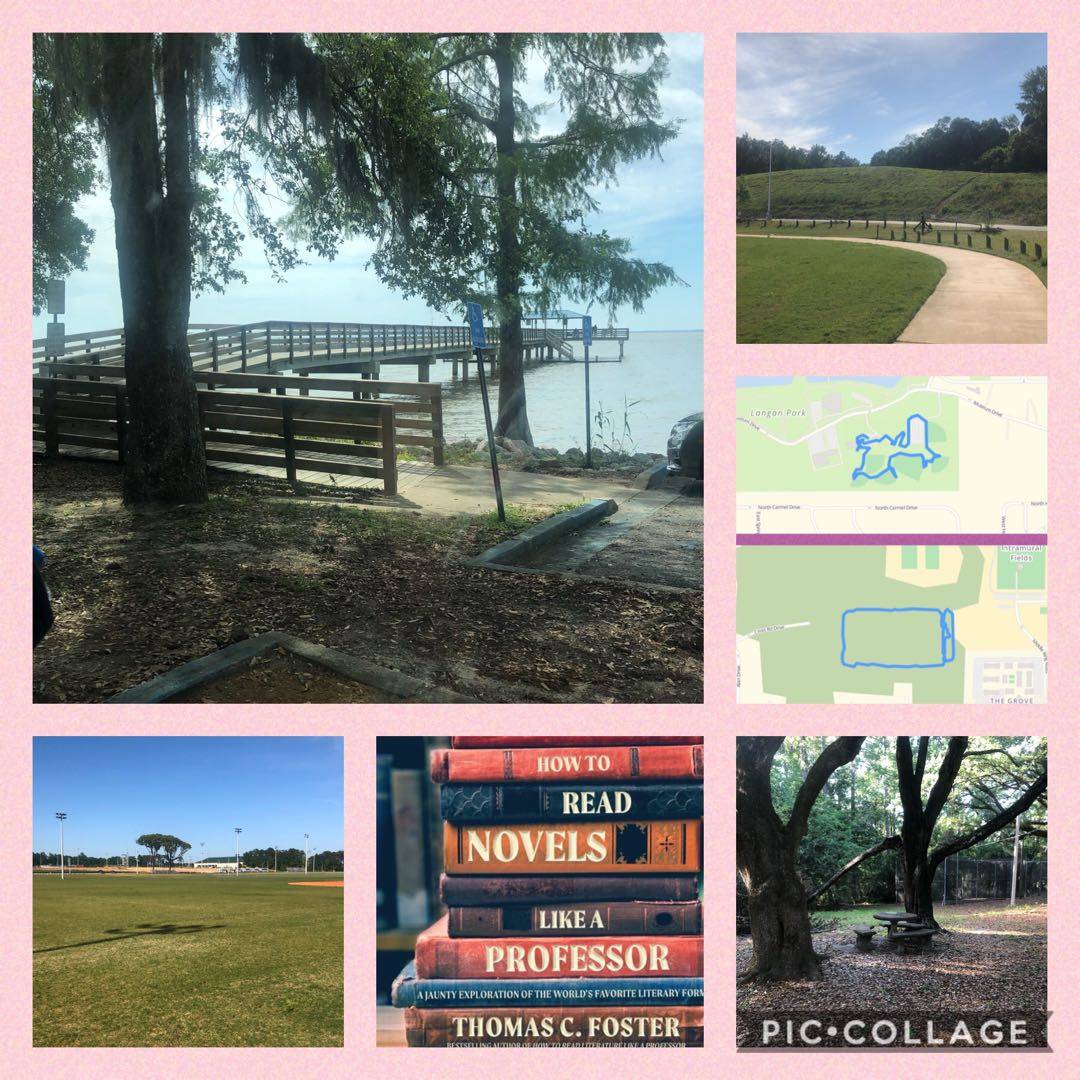
I couldn‘t get out of the car at the place by the bay — there were too many people and not all of them were taking social distancing seriously enough. 😞 Fortunately I did find a walking track at my university that I was completely unaware of; there were only 3 or 4 people there and everyone was serious about staying away. A couple more walks should let me finish this book. #audiowalk
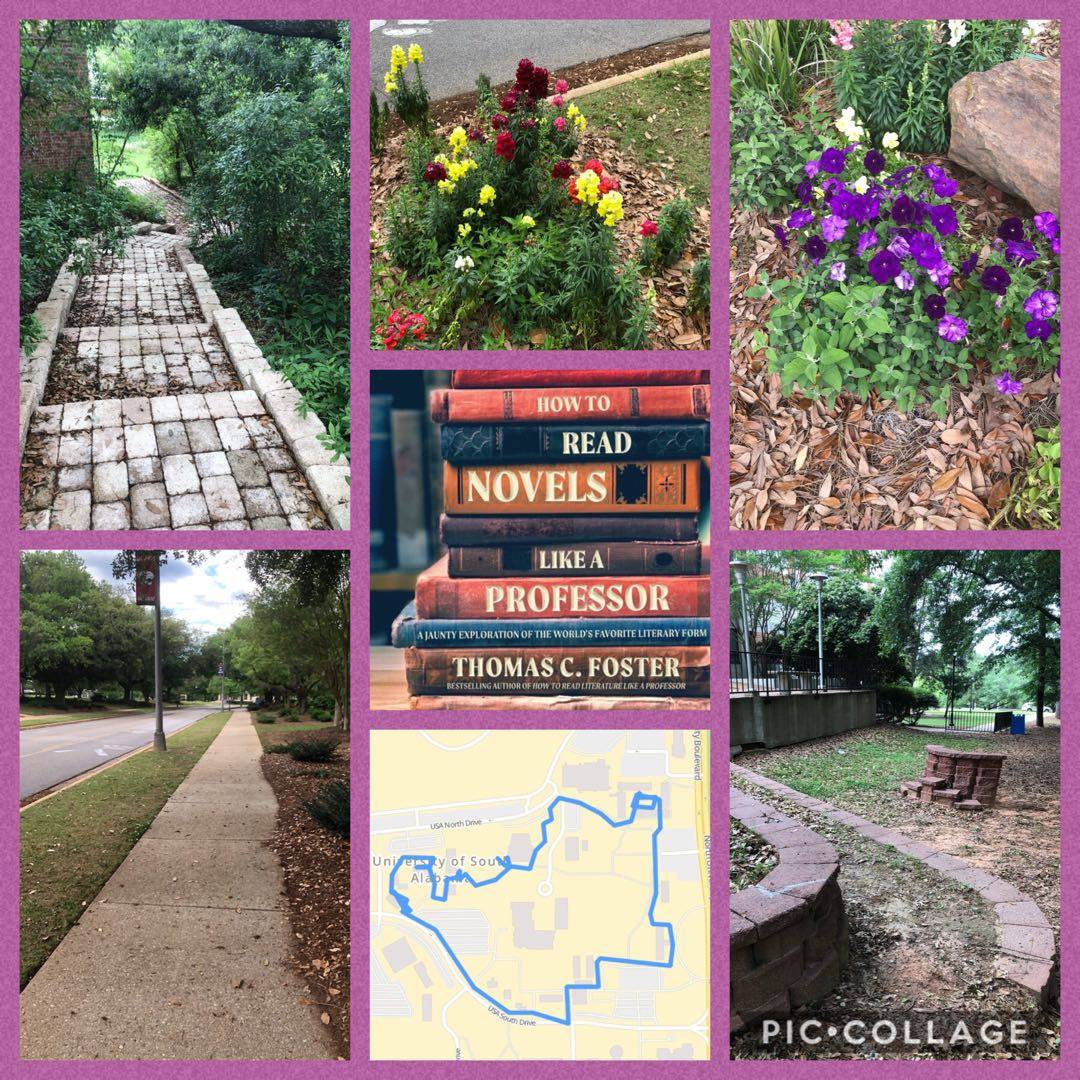
While I‘m enjoying this, it feels longer than How to Read Literature Like a Professor even though it‘s actually a little shorter. Got to go out and walk today but it took me four stops before I found a place that wasn‘t too crowded for my liking — my university campus away from the walking trail I usually love. #audiowalk
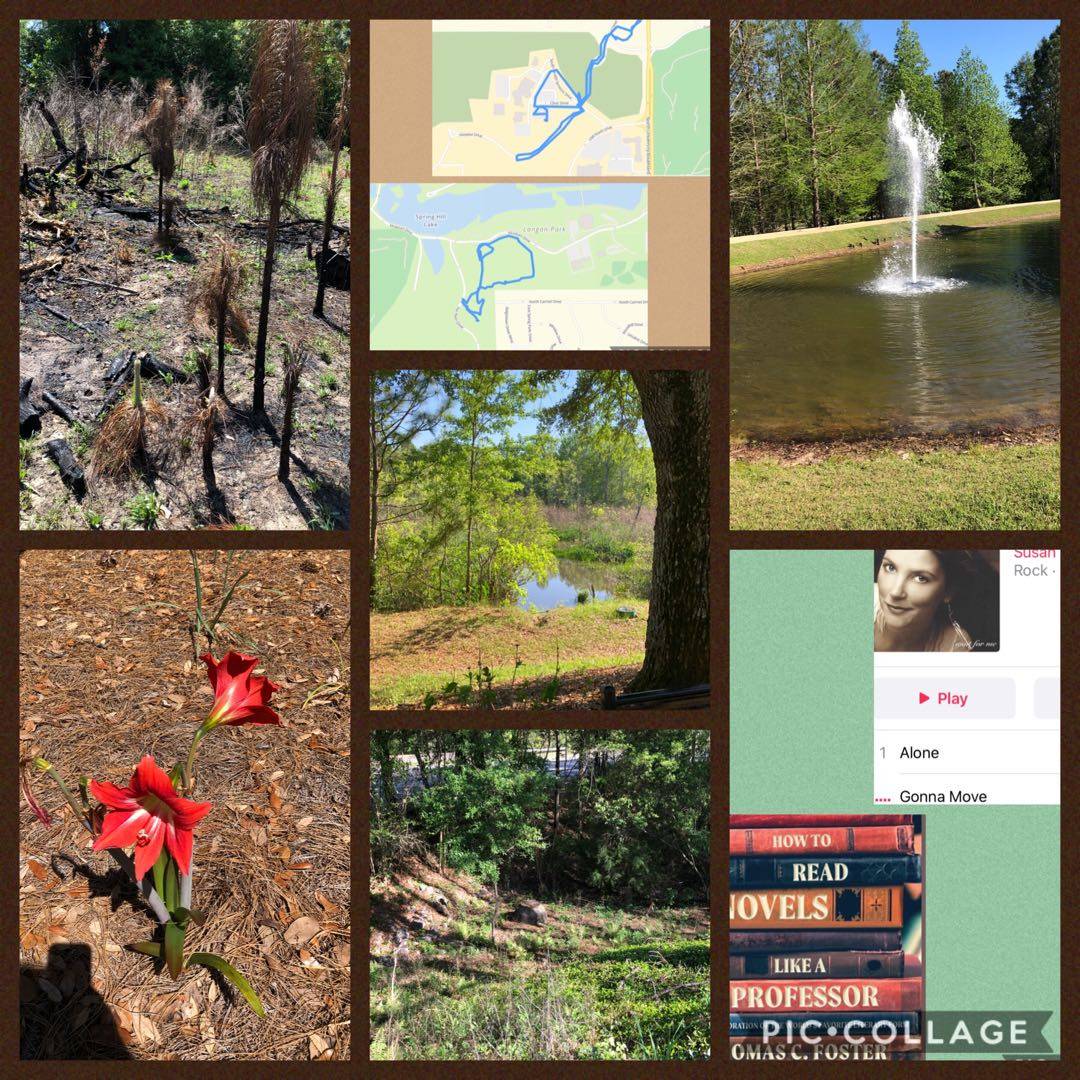
Today‘s interesting observation about Foster‘s book: I have a Masters and a Bachelors in English, and this is the first time I‘ve ever read a book that discussed the purpose of having chapters. Maybe it seems obvious to most critics, but Foster thinks there are several reasons for chapters. I also listened to Susan Tedeschi. Walking was nice today because of the beautiful weather and absence of people. #audiowalk
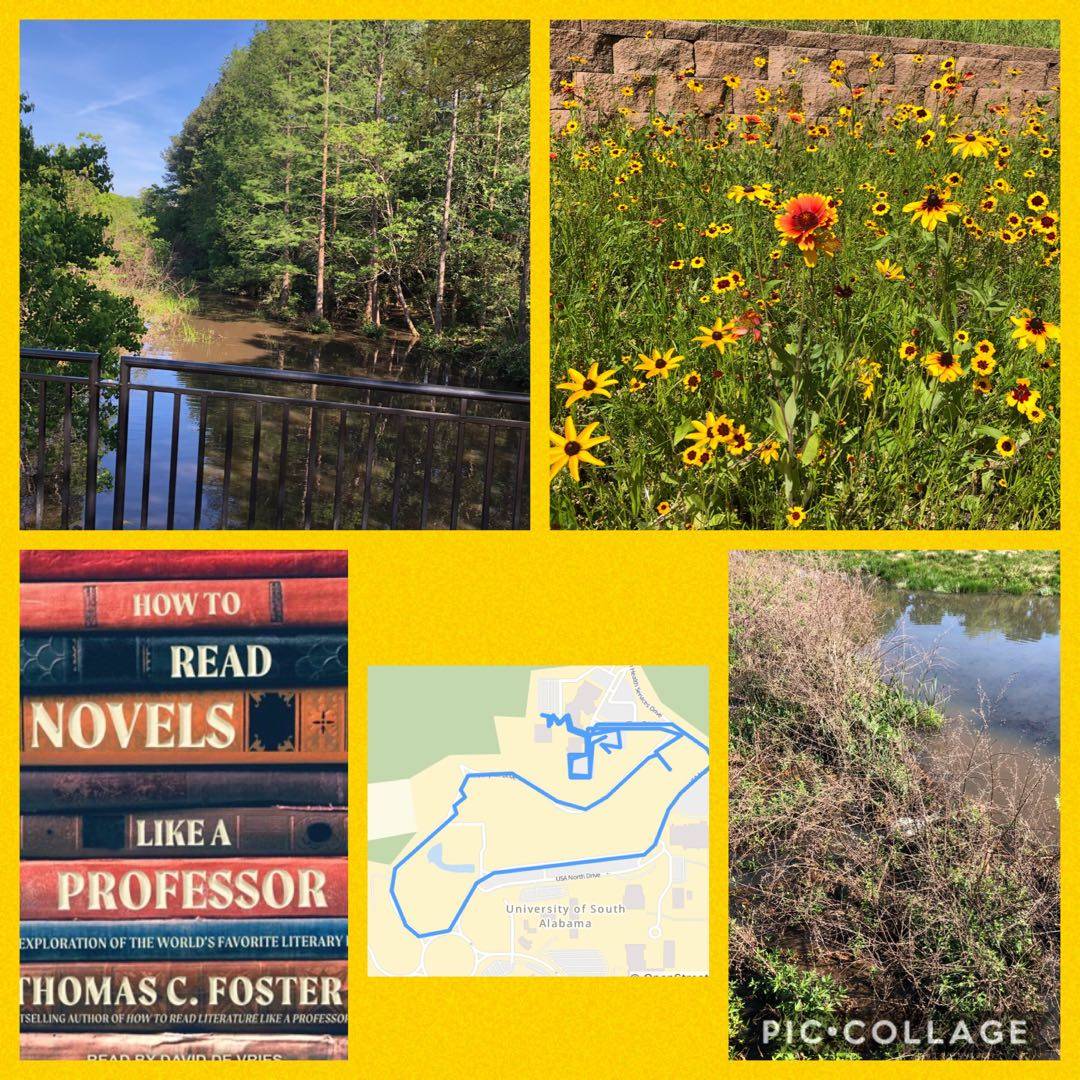
According to Foster, there‘s a reason Hemingway rarely used colons or semicolons — Faulkner took them all. 😄 That statement literally made me laugh out loud while on my walk. There were very few people here, so social distancing wasn‘t difficult. #audiowalk
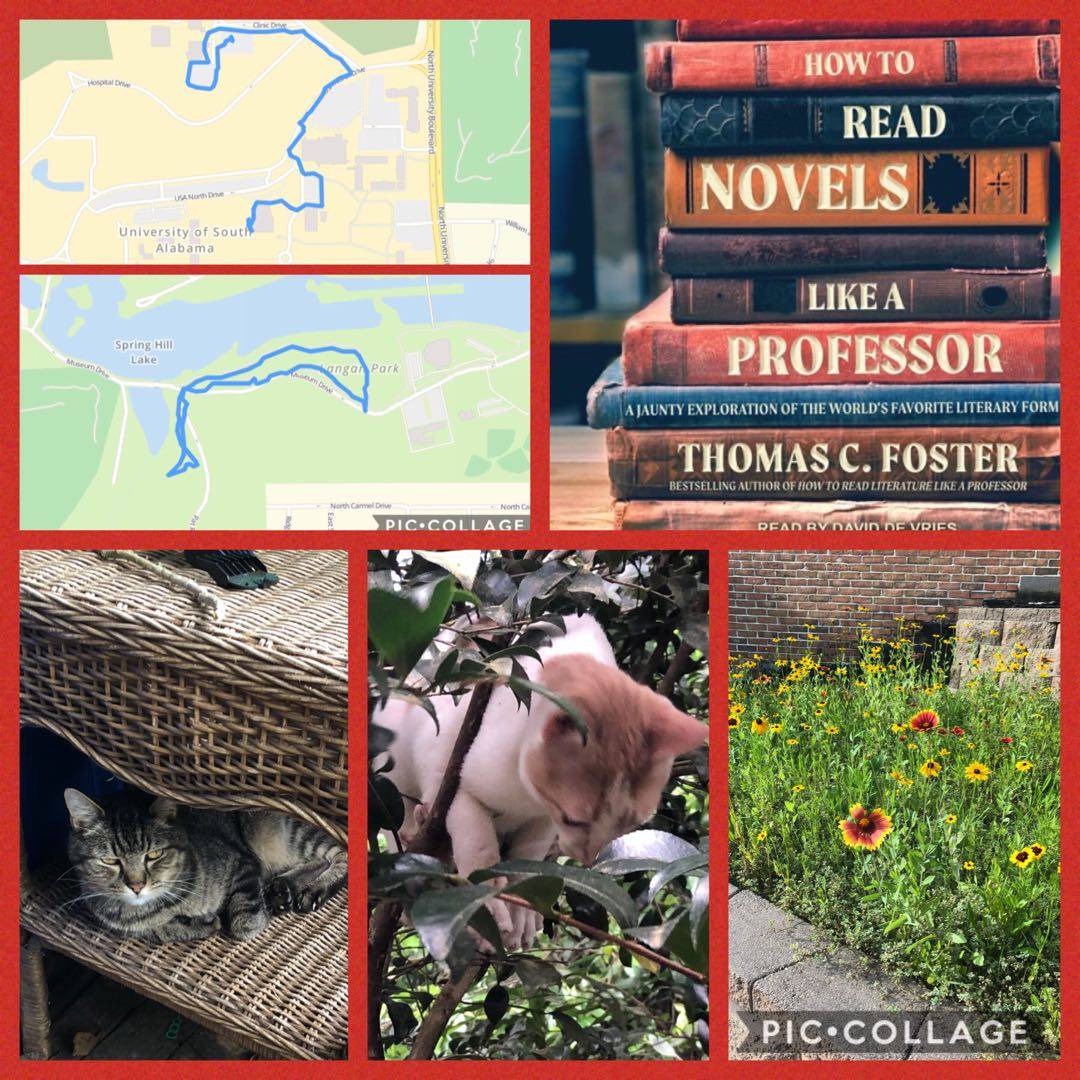
I got to get out and walk twice today. There was a beautiful breeze, and I got to listen to more of this book. It‘s not as quick or easy a listen as How to Read Literature Like a Professor, but I‘m still enjoying it.
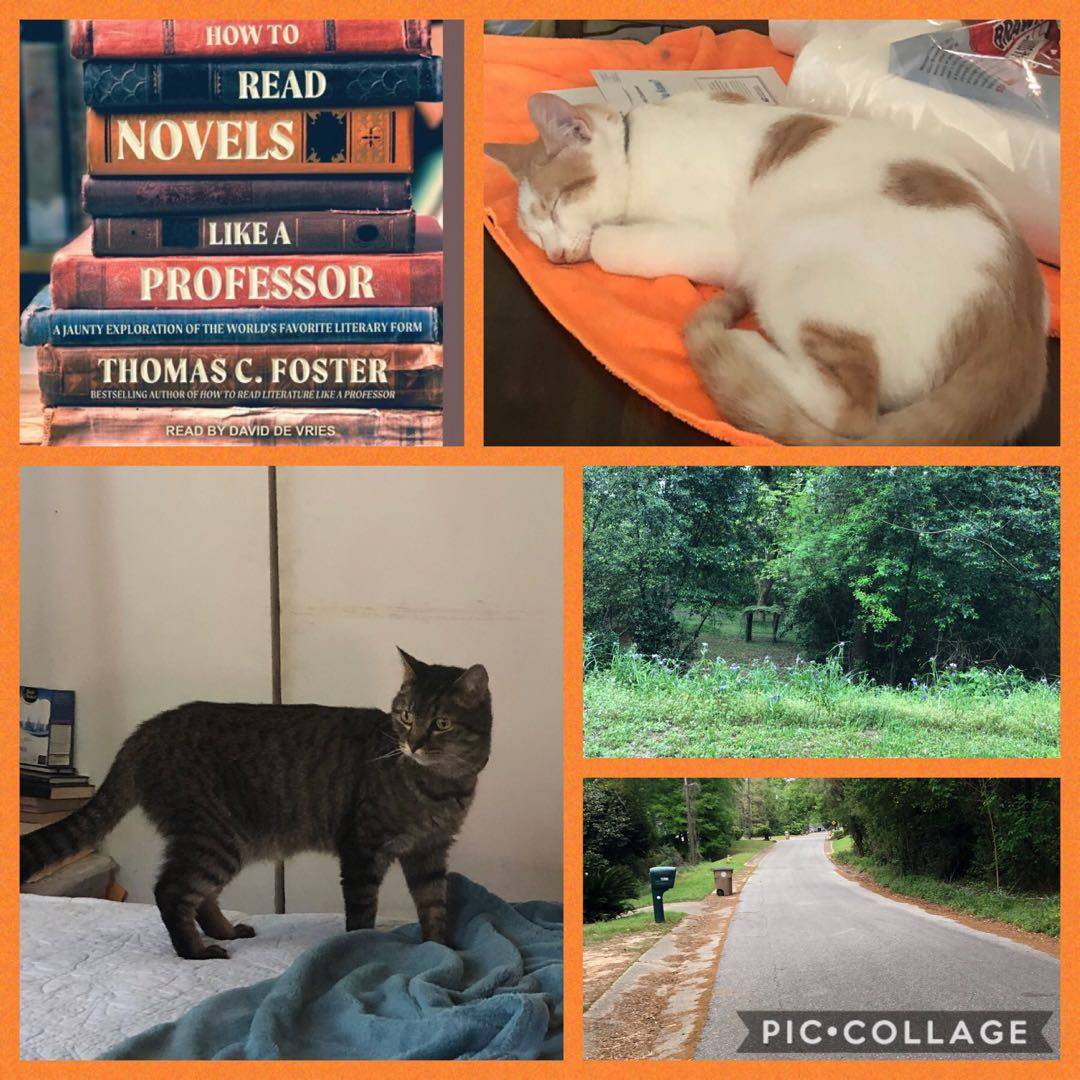
I loved How to Read Literature Like a Professor, so I thought I‘d check this one out for my new walking book. I did get to get outside today and there was a nice breeze. As you can from the pics, my cat coworkers were slacking off.
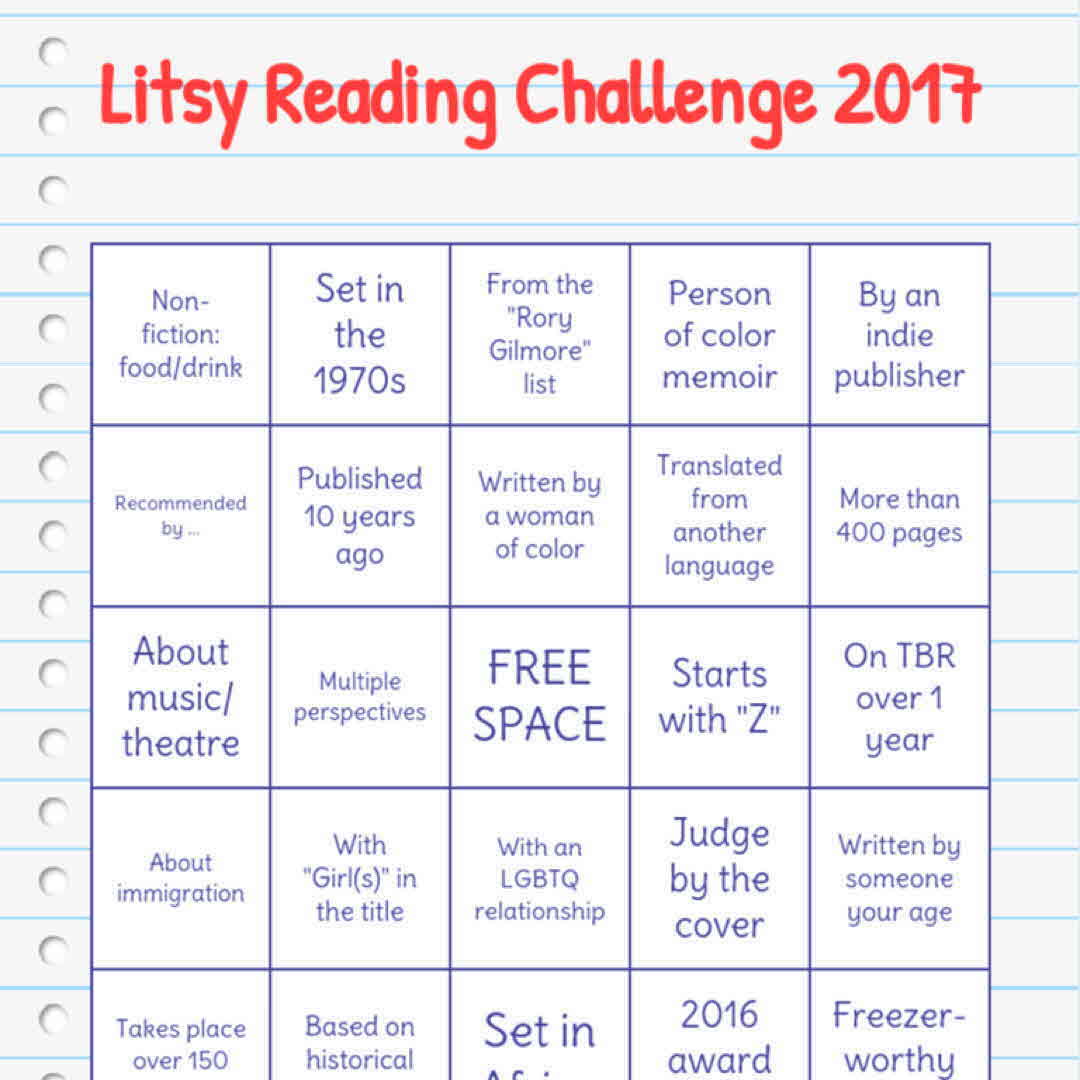
Signed up for the #litsyreadingchallenge! @jessica
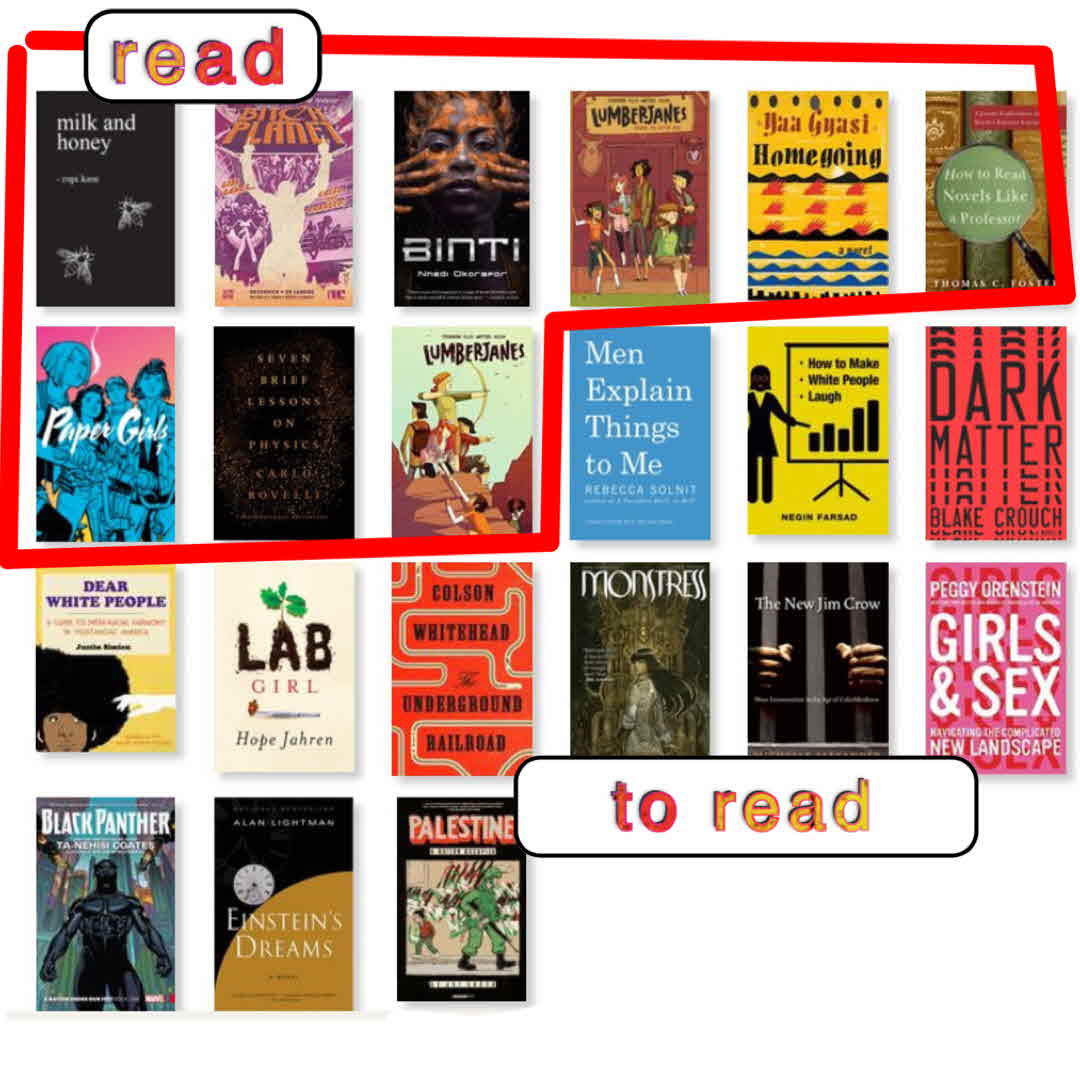
I blame Litsy on Goodreads - someone in my Goodreads challenge group posted about it. Now I am hooked! These are the Litsy recommendations that made it on my Goodreads tbr - which I take seriously, so this is actually going to be read - or was read. I have tons more in my Litsy tbr. Also #blameitonlitsy: SerialReader, audiobooks, and countless hours reading Litsy. I love it here, people READ and everyone is intelligent and nice!
#somethingforsept
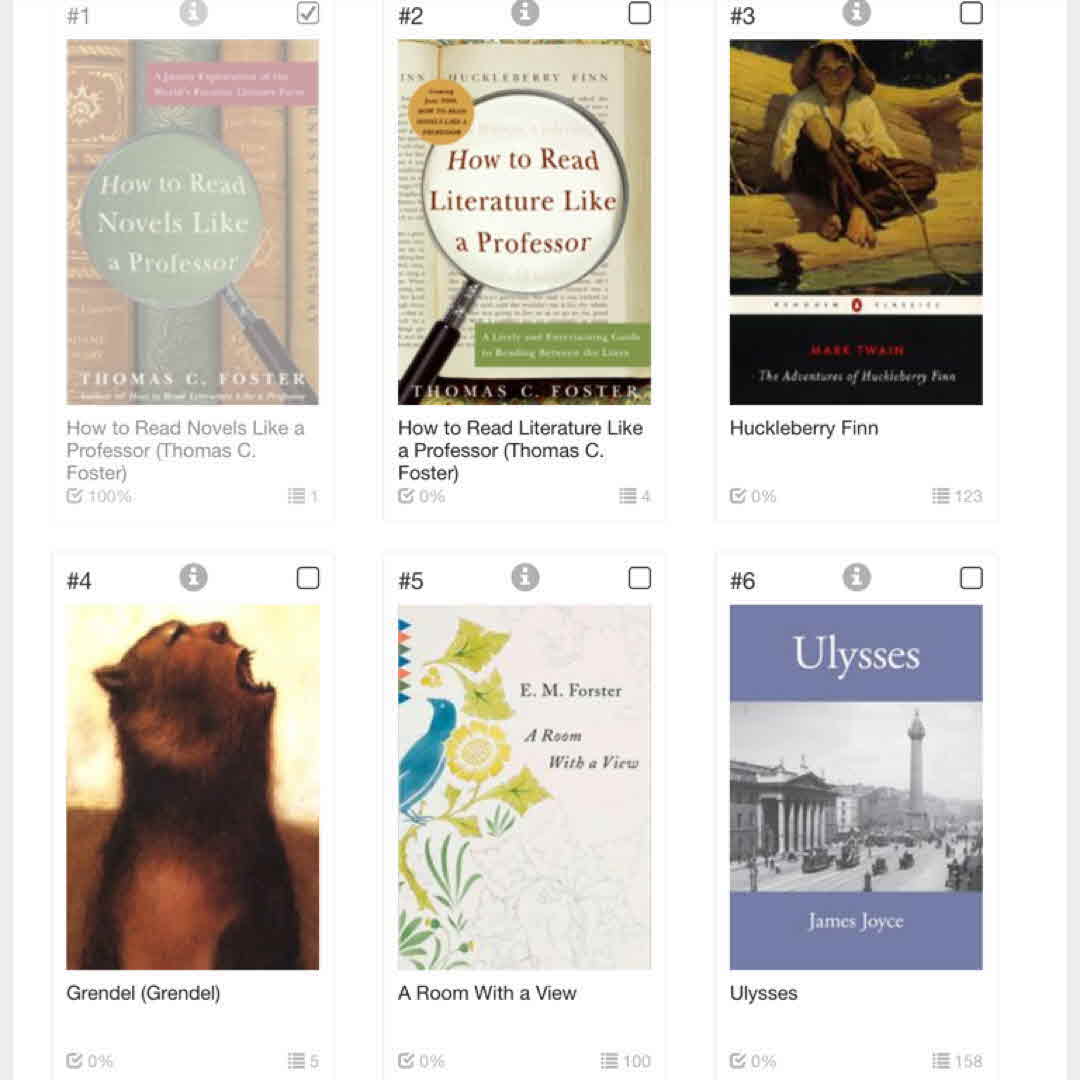
I love ticking off book lists. I am a bit addicted to listchallenges.com. So it was not too much a leap to create this list of the books mentioned in "How to Read Novels Like a Professor".
If you are also addicted to lists, you may want to see how many you read:
http://www.listchallenges.com/how-to-read-novels-like-a-professor
I read 58 of 318.
#booklists #listchallenges
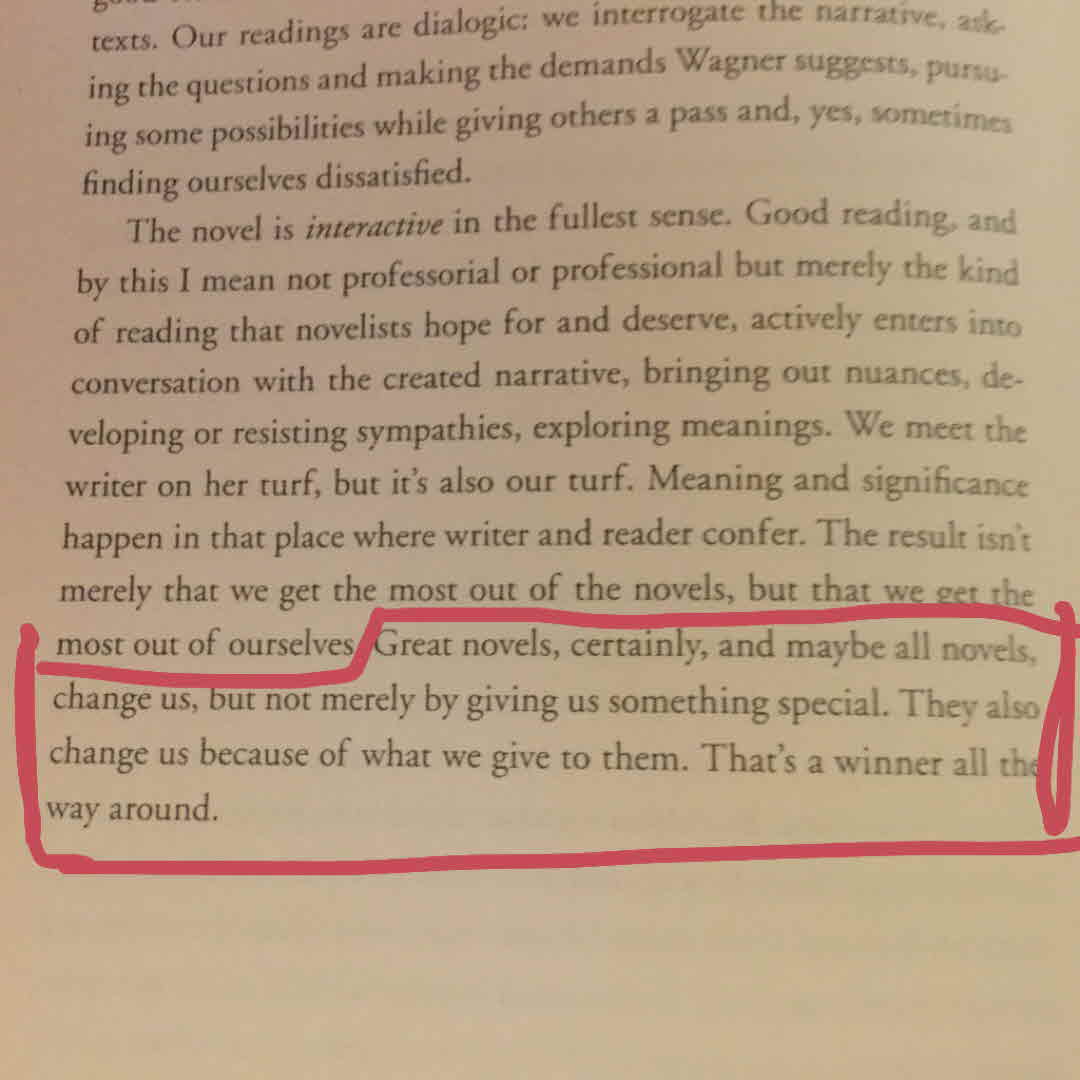
English lit 101, in a conversational style. I enjoyed it.
After a short history of novels and a summary of analysis basics like point of view, style, mood, characters, etc, Foster dives into various interesting literary topics. My favorites were the anti-heroes, character's motivations, and artistic inspiration.
Lots of books mentioned - I shall read The French Lieutenant's Woman, but I learned that Faulkner is not for me.
4/5 ⭐️⭐️⭐️⭐️
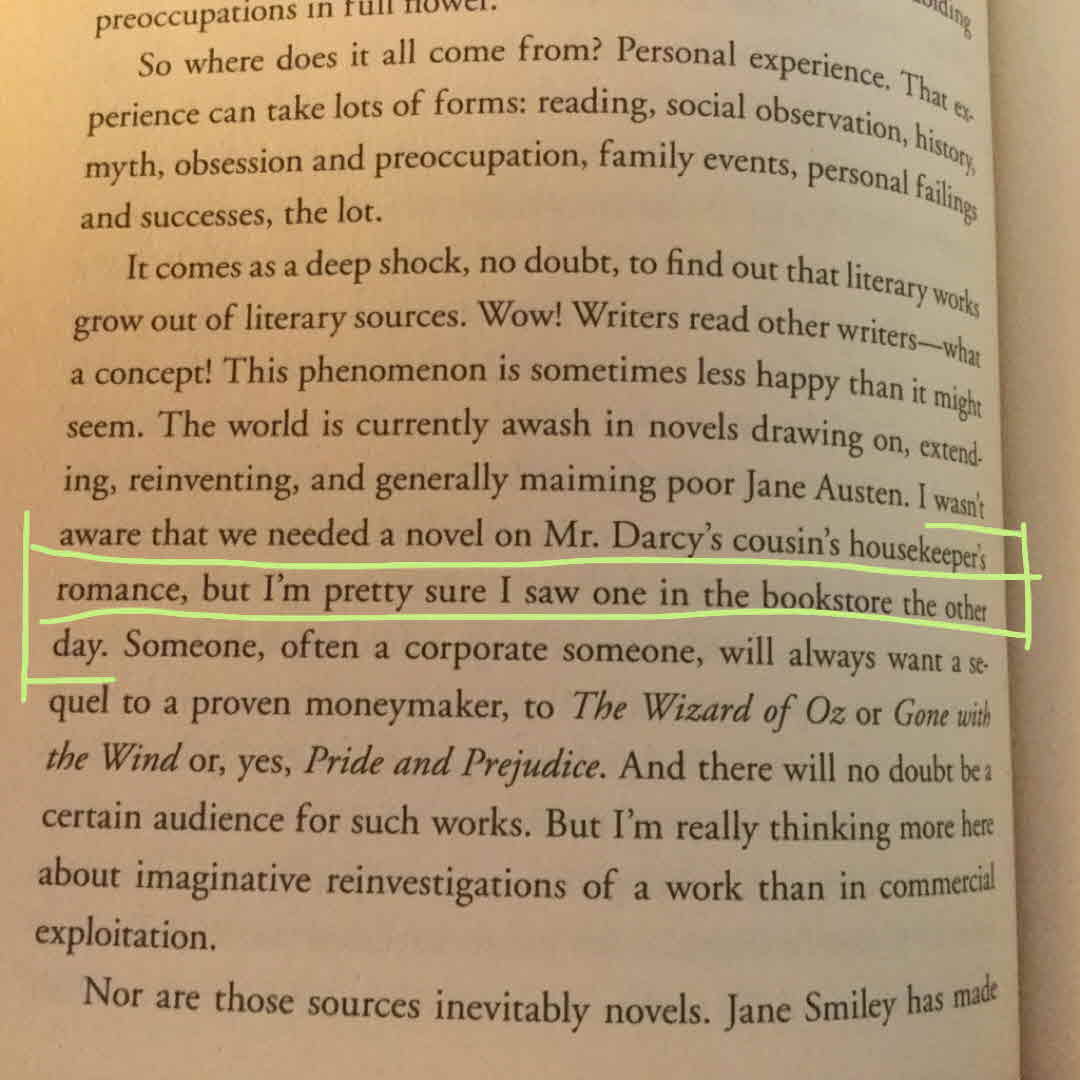
I agree with this statement.
With all due respect to lovers of Jane Austen retellings. Please don't shoot me. 😳
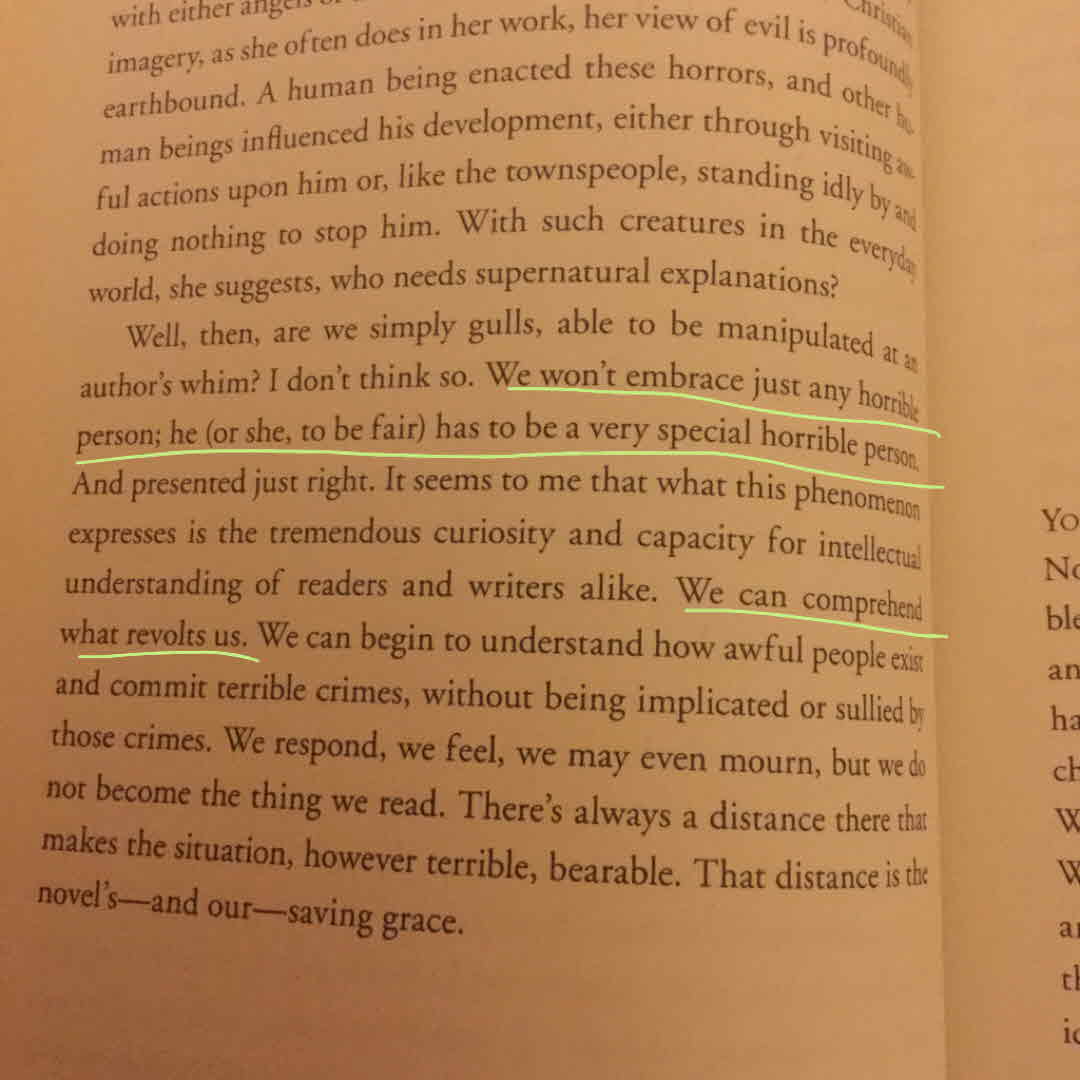
I quite enjoyed the chapter about anti-heroes.
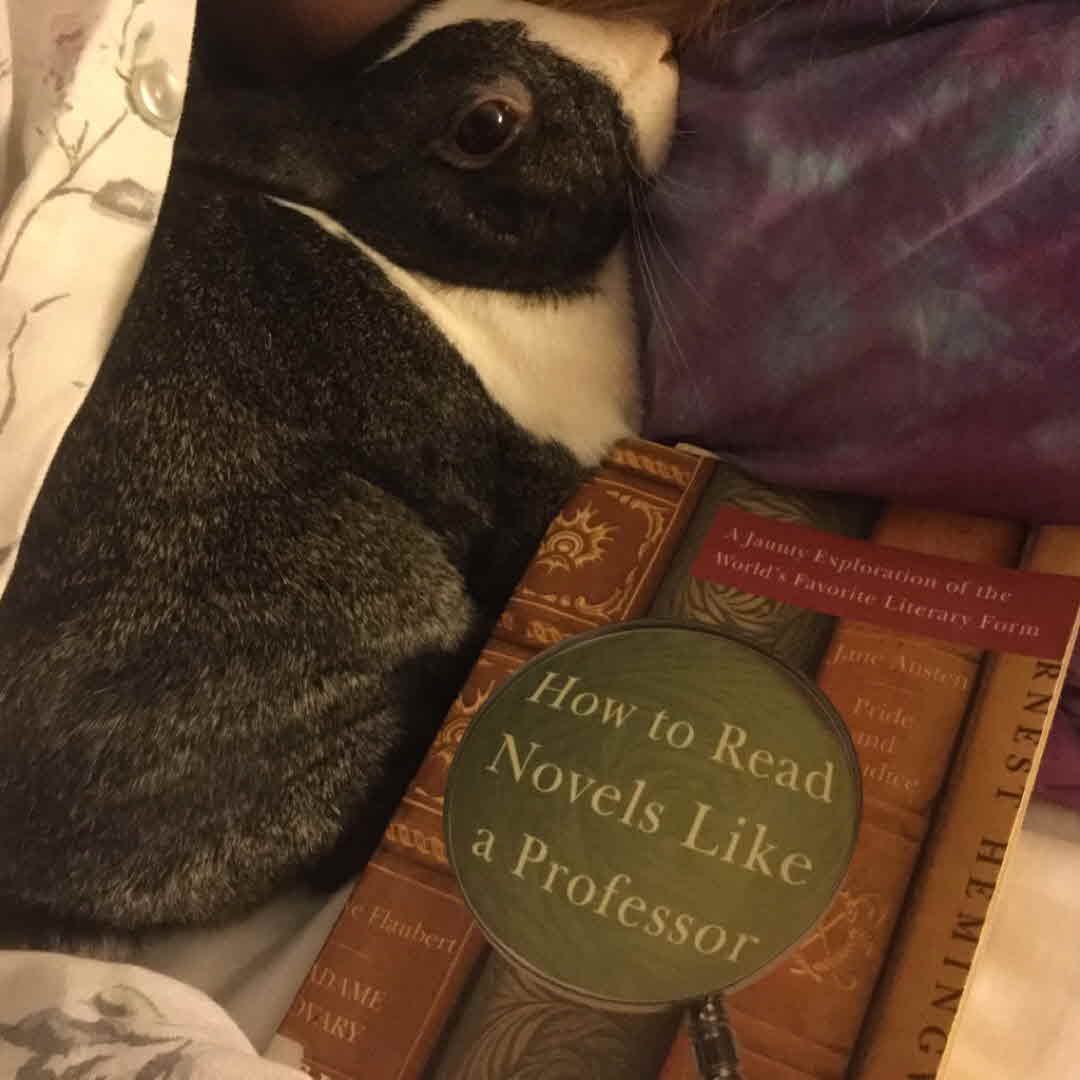
My new read. Don't know how professors read, but I think the best way is with bunnies. 🐰
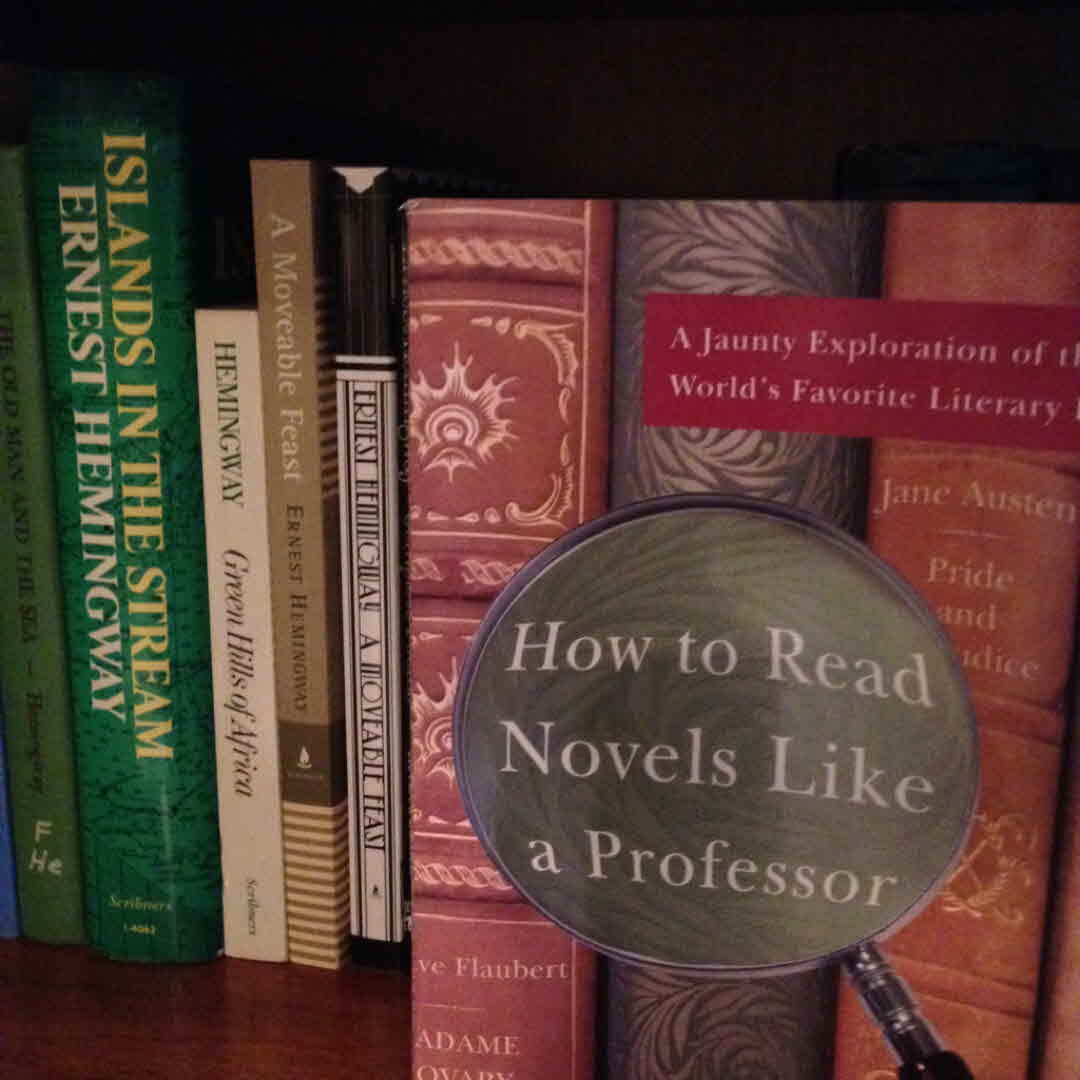
Read a lot like lecture transcripts, which sometimes was a bit grating, but informative. Novels/authors discussed included many I have not yet read but also of ones I have, such as Hemingway (which this book is posing by) and Fitzgerald. Not a fast read but still alright. A pick for those who want to understand more about novel structure. English majors probably would find this to be very basic.
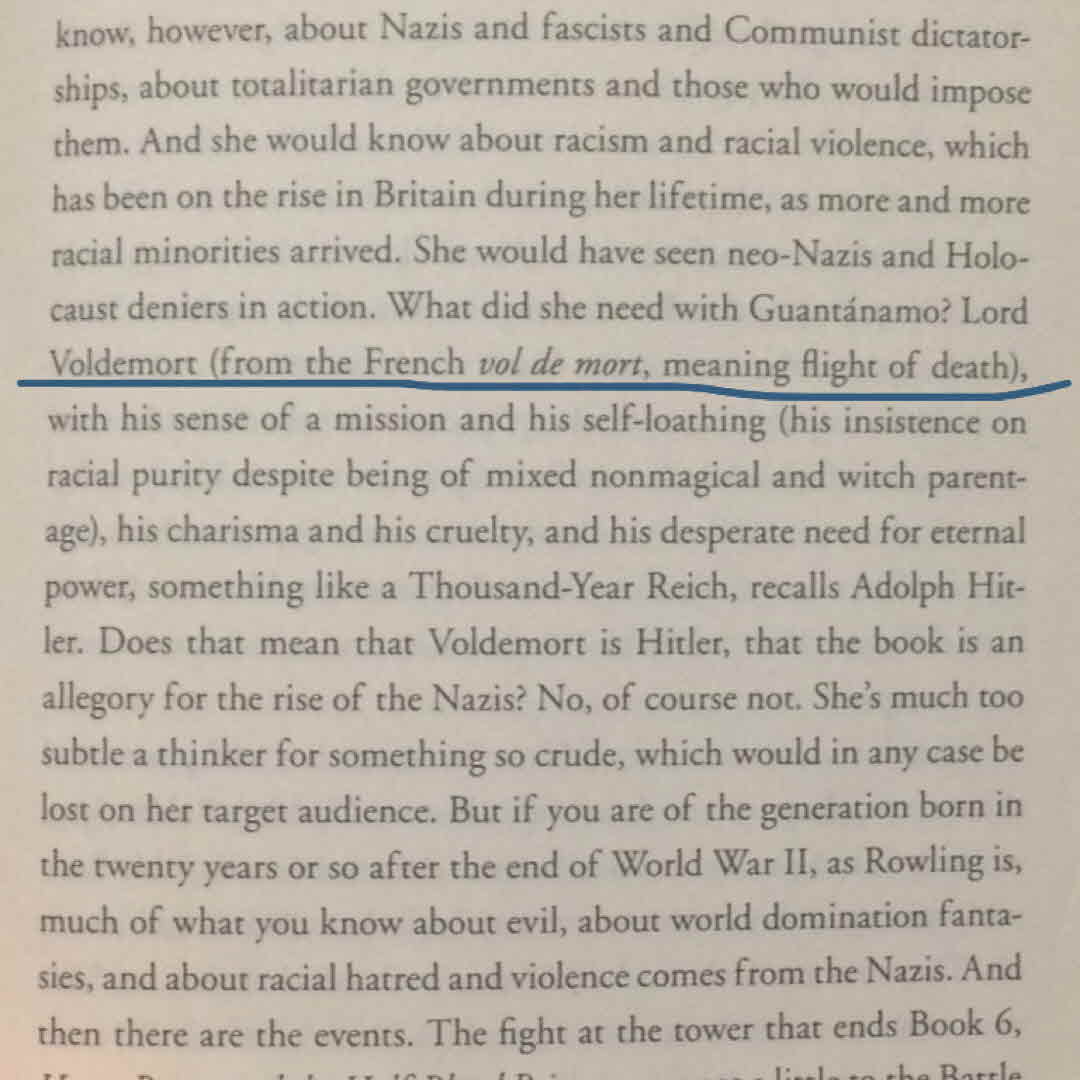
He doesn't discuss the HP books often but when he does, it gets more interesting. This section is from the chapter on how history affects a writer's story, whether directly or indirectly. And until now I never knew the French meaning of Voldemort.
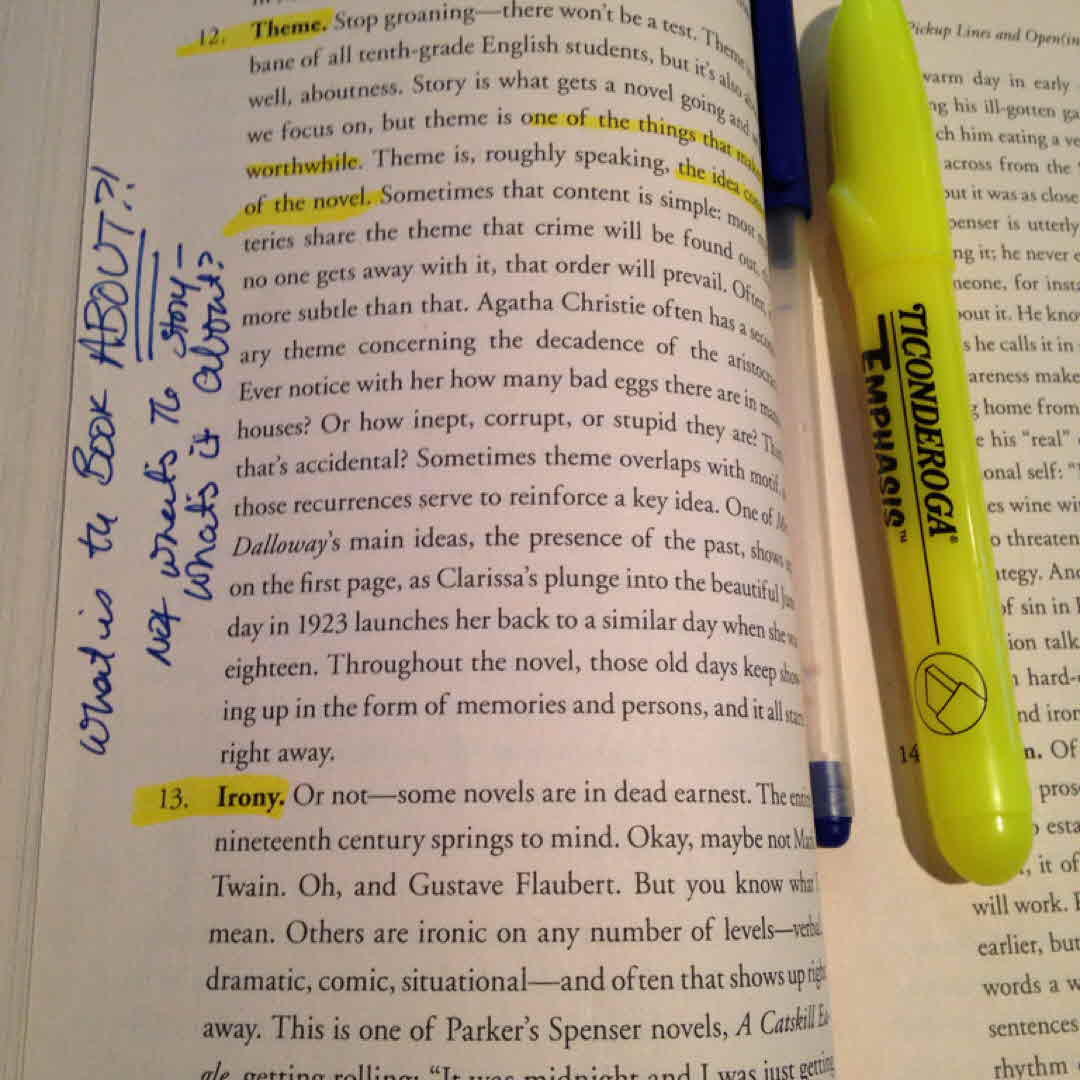
Don't look down on me for writing in my book. I'm educating myself. Gonna be smart AF.
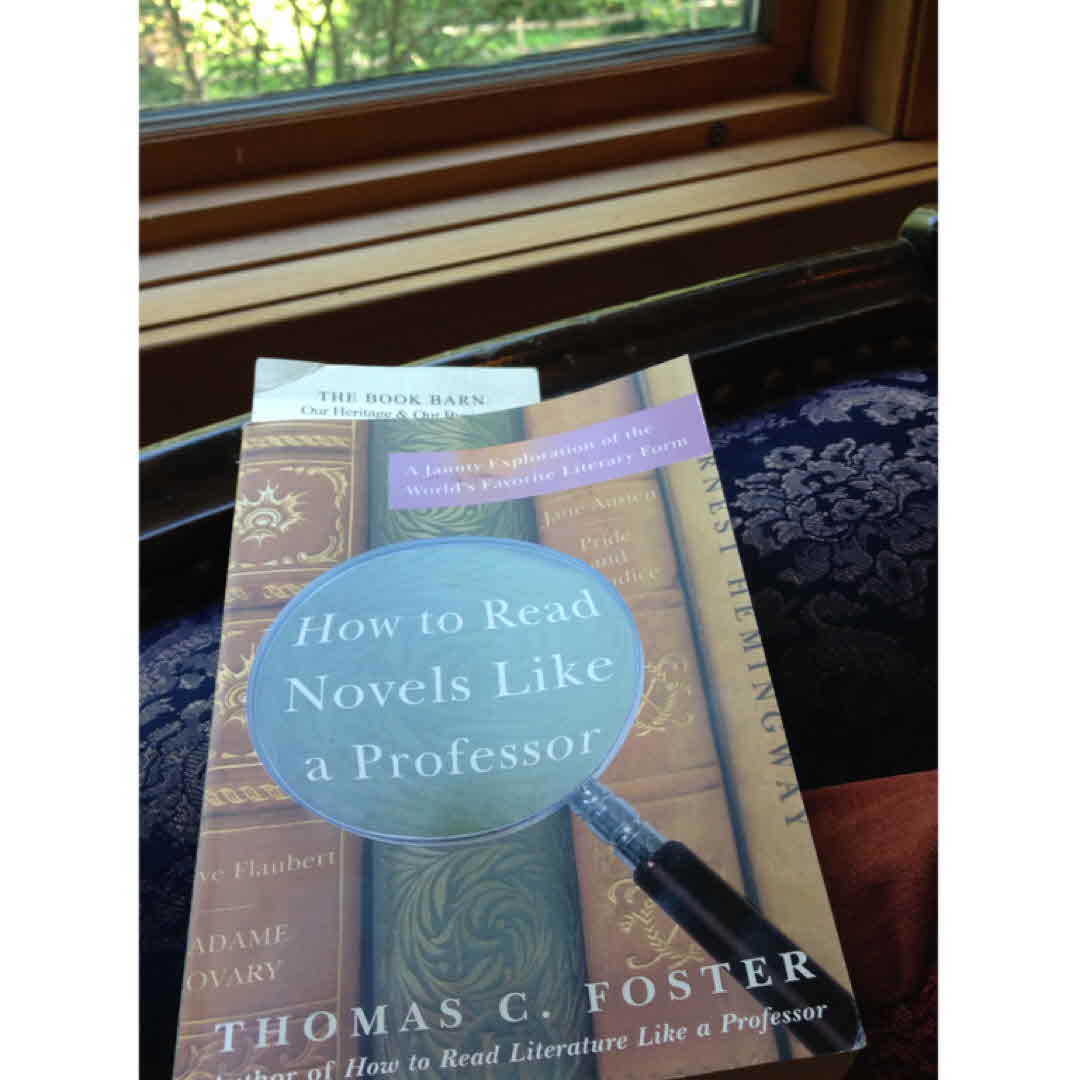
I am one of those people who read more than one book at a time. Some books require a quiet setting and this one is one of them. It's not a difficult read but just a good one for dipping into when I am in the room overlooking our backyard.